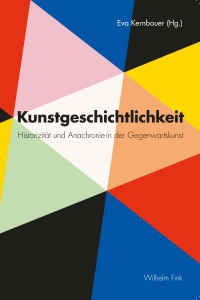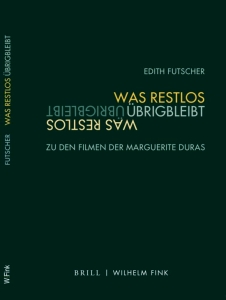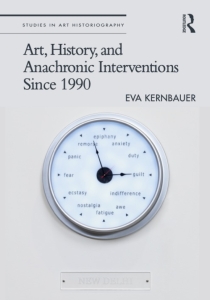Winter semester 25/26:
Lecturer:
MPhil PhD Julia Secklehner
Today, more than ever, artistic work demands profound historical knowledge, visual
analysis competence, theoretical reflective capacity and linguistic communications skills. Art and visual media affect every
aspect of social-cultural activities such as economics, politics, media, high and pop culture, as well as ethnic cultures,
sexuality and gender relations, psychology, medicine and natural sciences, and philosophy. Like art, as a discipline, art
history is part of these discourses and social practices and therefore in addition to its classical methods of style and work
analysis, also furnishes methods for the scrutiny of these interdependencies.
One focal point of art historical
teaching and research at the “Angewandte” is contemporary art. The view of art history is evolved from current questions,
in order to render acquired historical knowledge fertile for a critical and creative approach to the present.
Current
research focal points involve the relationship between text and image, the formation of early modern subjectivity models in
contemporary painting, historical and current transformation of the self- and role image of artists, gender issues, the ambiguity
of modern and contemporary art, methodological questions relating to the historicising of contemporary art, surrealism and
avant-garde research, as well as aspects of video art and film history. Conferences, lecture series and exhibitions are organised
for this purpose along with the publication of books.










